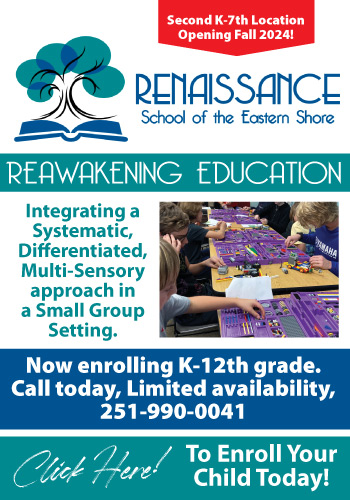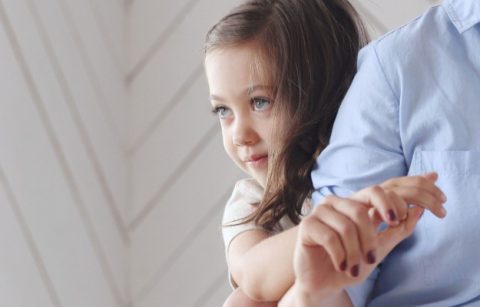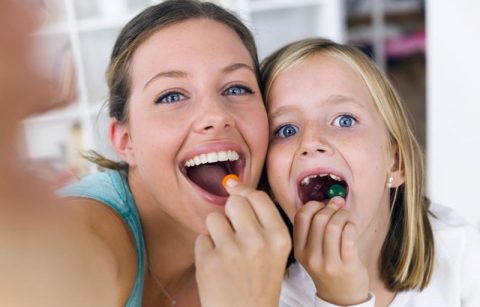Kids Health Watch is brought to you by our friends and Magnolia Springs Pediatrics
Hey guys! All of you have talked with your child’s healthcare provider about milestones. We all think about sitting up, walking, babbling, smiling and talking. But what about some group social skills and exposures to stressors and illnesses? For example, how does a child learn to share or take turns? What about separation anxiety and learning how to cope when a parent is not there? And what about illness exposure and your child’s immune system? Let’s address some ideas about exposing young kids to other kids and some pros and cons!
First, it is vitally important for kids to have peer exposure at all ages. Whether it’s through large group daycares, in-home daycares, half-day preschools, full day preschools, Mother’s Day Out, church nurseries or play groups, they have to learn how to interact with others in terms of playing, speech, and communication, sharing, and creative play. One of my favorite things I used to ask my kids was what they did at school that day. I often got fantastic stories of playing Batman on the playground or “baby doll” with Annie and Mrs. Becky! And what about things like art projects, music, and dancing? I love seeing how kids express themselves individually and in the group when they do projects. Finally, all kids must learn expected social behaviors. Taking turns, waiting in line, sharing, not hitting or biting, and not always getting your way or what you want are all so crucial in the development of a child.
I’ve been asked time and time again how to stop temper tantrums when a child wants something. Here’s the trick- it’s expectations! If you give them everything they want, they will expect it every time. Group exposure can help temper unreasonable expectations and give them a more reasonable outlook.
So, you’ve decided to send your kid to get some group/peer exposure. You walk them into the classroom on the first day, and your kid freaks out. The non-stop crying, flailing of arms and legs, giving you those terrified puppy eyes. So what should you do? Take them home immediately, right? Wrong! It is a normal response for a child to have separation and stranger anxiety and to be upset. But, they need to learn how to adjust to these exposures healthily. Just think, it’s the first day of Kindergarten, and you walk them in, and as you leave, it’s meltdown city! It’s much easier to deal with a two-year-old not wanting to be at Mother’s Day Out than a 5-year-old in Kindergarten.
Finally, an article was recently published in the journal Archives of Pediatrics & Adolescent Medicine by Sylvana M. Cote, basically stating that kids who attend daycare or preschool get more colds when they are young but have fewer colds when they are school-age. And the flip side is true- kids who do not attend any daycare or preschool have fewer colds when they are young but have more colds when they are school-age. So, from an academic standpoint, it’s better to miss daycare or preschool than Kindergarten and first grade.
I’m not saying you have to put your kids in daycare. I’m saying it is an excellent idea to expose your kids to other kids so they can learn vital social behaviors, figure out how to react when you are not with them, and finally, catch a cold or two.











